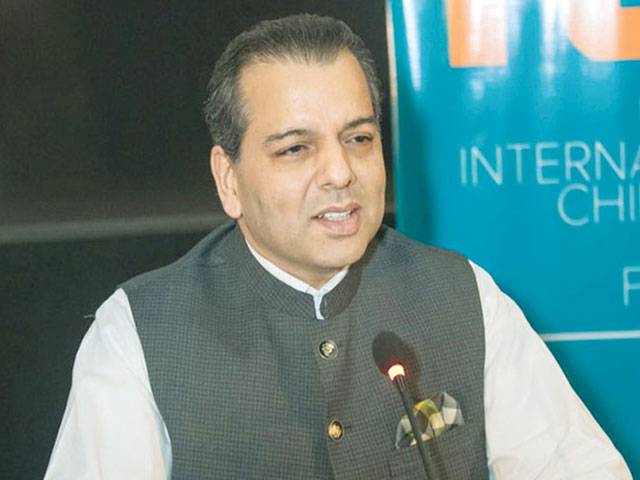LAHORE - The Punjab government is in the process of introducing a wide range of education reforms to ensure the provision of free and quality education to the students.
While the reforms aim at improving access to education for all children regardless of their background, their primary focus is on an equitable improvement of learning outcomes. It is expected that a significant improvement in learning outcomes will also improve access to education by positively impacting enrolment and retention rates in the province.
The latest step in this direction is the change in Medium of Instruction (MOI) from English to Urdu at the primary level. The Nation talked to Minister for School Education Dr Murad Raas to know the rationale behind this decision.
The minister told this scribe that the decision by the Punjab government to use Urdu as medium of instruction (MOI) had been taken based on compelling supportive evidence which suggested that it will help improve learning of English at later levels as well as use of English as MOI at the middle and secondary levels.
Dr Raas also believed that Urdu medium will also help learning mathematics and science with understanding. He stressed that the preference of English as an MOI does not have a basis in research but in the erroneous perceptions rooted in our post-colonial heritage.
“Conflating quality of education with using English as MOI is unlikely to serve the public interest”, he said, adding that School Education Department was committed to replace rote-learning with a balanced development of knowledge and skills among the students. He said reforms were needed to eliminate the menacing dominance of rote learning in our schools. “Sole emphasis on rote learning has severely affected the ability of our schools to prepare the pupils for a rapidly evolving knowledge-based economy. Rote learning occurs when pupils are unable to develop deep conceptual understanding of knowledge and an ability to apply it to the solution of problems. Hence, the current reforms emphasise a balanced development of necessary knowledge and skills”, he explained.
To a question about the importance of English as an international language in this era of economic globalization, the minister recognized the fact that those who achieved competency in English were better placed to access jobs in public as well as the private sector.
Asked if the Government will also enforce its regulations to force the private schools to use Urdu as medium of instruction at the primary level, the minister replied that it will take some time.
“At the first stage, we will set our own house in order. This issue can be taken by with the managements of private schools at some later stage”, he said.
In Pakistan, while English remains the language of power and social mobility, Urdu is the language of common use. The choice of MOI has always been a contentious matter, primarily due to the association of power and prestige attached to English.
Dr Murad Raas lamented that the choice of MOI has often been made on the basis of opinion instead of hard scientific evidence.
“The research conducted in Pakistan as well as internationally overwhelmingly indicate that using the language of common use (In this case, Urdu), as the MOI boosts learning”, he maintained, adding that having English as MOI in most Pakistani schools did not help children learn English better.
He said that government was facing shortage of teachers who demonstrate excellent English language skills to use English as MOI. “It also requires immersive experiences in the use of language in and out of the school premises. In the absence of these conditions the pupils are taught to rote memorise the contents of English lessons”.
Quoting a recent BBC report, Dr Raas said that teaching Pakistani students in English was the equivalent of teaching British students in German at the primary level, a language inconceivable in Britain.
The minister also cited Cluster Survey and Annual Status of Education Report to substantiate his point. He said the survey and report suggested that despite using English as MOI in the past decade, less than 50 per cent of Punjab’s girls and boys could read even basic English words. He also believed that using English as MOI hampered learning of mathematics and science. He also said that using English in multilingual context adversely affected quality of mathematics instruction. For instance, he said, multilingual classrooms had shown that students tend to memorise contents of the textbooks when concepts cannot be explained well in English. “While the use of English as an MOI is observed to hinder learning, using a proximate language as MOI appears to boost it.
The education minister also quoted a recent study conducted in South Africa which concluded that mother tongue instruction in the early grades significantly improved English acquisition.






